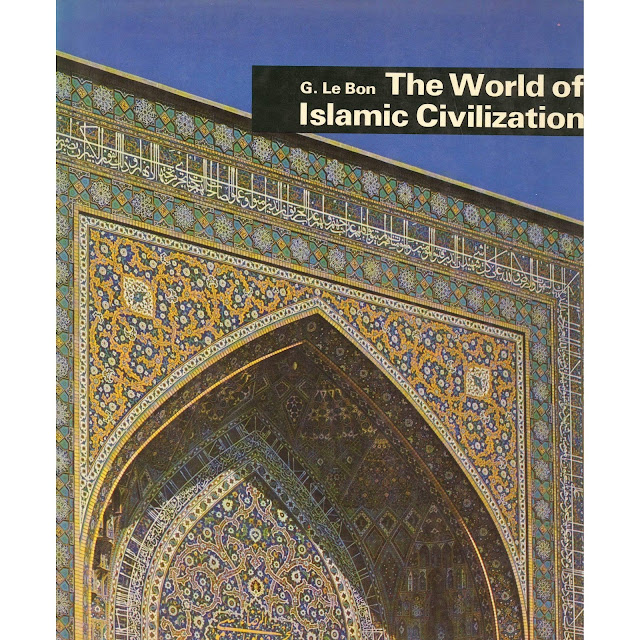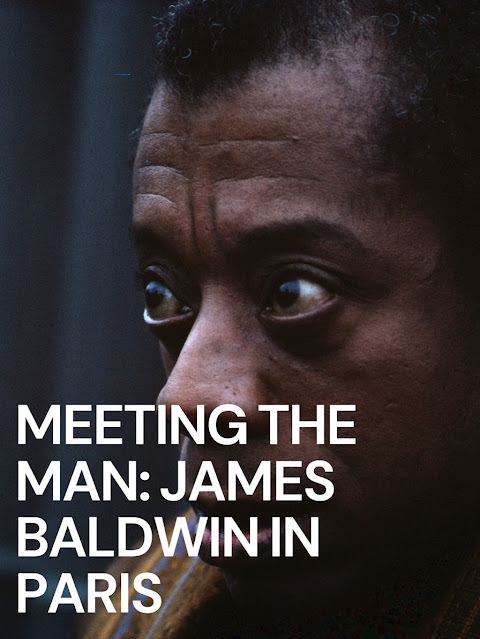"Sayyid Qutb: An Intellectual Biography" Giedre Sabaseviciute (Syracuse Univ., 2021)
PDF preview
........................................
Name: Sayyid Qutb: An Intellectual Biography
Author: Giedre Sabaseviciute
Publisher: Syracuse University Press
Year: 27. December 2021
Language: English
274 pages
........................................
Table of Contants
Introduction: The Return of the Ghost (pp. 1-26)
In May 1954 the Egyptian intellectual Sayyid Qutb published a short essay on literature in the inaugural issue of the Majallat al-Ikhwan al-Muslimin. Laconically titled “The Method of Literature,” the essay aimed to open a field of production and criticism of specifically Islamist literature (al-adab al-islāmī).¹ Qutb provided two basic guidelines as conditions for this type of literature to qualify as such. First, and most important, it had to be an honest reflection of the artist’s emotive interactions with Islam, which the artist had adopted as his exclusive epistemology. Second, “Islamist literature was a guiding art [al-fann al-muwājih],” as he...
1 Becoming an Adib (pp. 27-60)
“Religion . . . Religion . . . Say it a hundred times. We are not, thanks to God, intimidated by these empty exclamations. We have studied and understood religion more than you.” This is how Sayyid Qutb responded to the accusations of blasphemy aimed at him in a literary battle in 1938. Rebuffing the intention of his opponent, Muhammad al-Ghamrawi, to turn a literary debate into a religious confrontation, Qutb stressed the illegitimacy of religious arguments in literature and ascribed religion and the arts to distinct spheres of human activity. While the role of Islam, Qutb claimed, was to enhance social cohesion by reforming individual...
2 Our Own Brand of Modernity (pp. 61-90)
In December 1947, after having completed and handed in for printing his manuscript Mashahid al-Qiyama fi-l-Qur’an (Scenes of Resurrection in the Qur’an), Qutb wrote a disclaimer and rushed to add it to the book’s conclusion. Mashahid was a continuation of Qutb’s earlier book, al-Taswir al-Fanni fi-l-Qur’an (Artistic Picturing in the Qur’an, 1945), which explored the means of aesthetic expression used in the Qur’an. Both books argued that the scripture employed particular aesthetic devices to strengthen its persuasive effect, which consisted of choosing words and expressions with specific sonic properties for the composition of scenes. A particular mood created by these...
3 Bringing the Social Back In (pp. 91-123)
In January 1945, Sayyid Qutb, already an established literary critic and the editor of the prestigious al-Risala magazine’s literary page, published a review of the young novelist ‘Adil Kamil’s work Milim al-Akbar (translated as The Magnificent Conman in Cairo, 2020):¹
4 Literature in the Margins (pp. 124-152)
The previous chapter ended with an image of different political and cultural antiestablishment groups working together to bring down the monarchy, as represented by the udabā’ generation, parliamentary regime, and “moderate” means of political action, such as elections and negotiations with occupying forces. In imagining the shape of Egypt’s independent society, revolutionary groups of varying political orientations blended Marxist critique, such as social justice and anticapitalism, with the demands of the Muslim Brotherhood, such as the importance of moral—or “clean”—culture in securing intellectual and territorial autonomy. With the arrival of the Free Officers Revolution in the summer of...
5 State and Faith (pp. 153-174)
In the spring of 2008, Egyptian publisher Ahmad Ra’if handed me a copy of Sayyid Qutb’s renowned book Ma‘alim fi-l-Tariq (Milestones). As a Muslim Brotherhood sympathizer, Ra’if was one of the thousands of young Islamist activists arrested following the exposure of the “1965 Organization” in the summer of 1965, to which Qutb was attributed the leading role. Inquired about this controversial opus, which was used in Qutb’s trial as evidence of his violent intentions against Nasser’s regime, Ra’if smiled and said, “It’s a piece of adab, and it was never intended to be understood literally.”¹ This statement clearly contradicts Qutb’s...
6 The People against Sayyid Qutb (pp. 175-192)
With Arab intellectuals joined to the cause of Nasserism, little space was left for alternative projects of postcolonial emancipation. Even less was available when these visions were understood as deliberately threatening the state. The accusation made against Qutb of conspiring to violently overthrow Nasser’s regime in 1965 and his execution in 1966 epitomized the clash between two diametrically opposed postcolonial visions that revolved around the state. The focus of this chapter is the last one and half years of Qutb’s life, covering his release from prison in the summer of 1964 and his rearrest eight months later following the exposure...
Conclusion: Arts and Religion to Reenchant the World (pp. 193-202)
In 1964, writing his famous opus Ma‘alim in prison, Qutb reflected on his past: The person who is writing these lines has spent forty years of his life in reading and studying almost all aspects of human knowledge. He specialized in some of its branches and studied the others as his leisure pursuit. Then he turned to the wellspring of his faith. He came to feel that whatever he had read so far was as nothing in comparison to what he found here. But he does not regret spending forty years of his life in the pursuit of this knowledge,...






